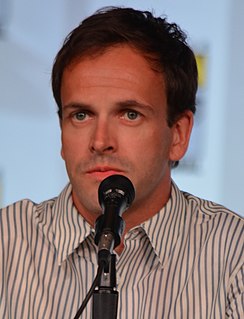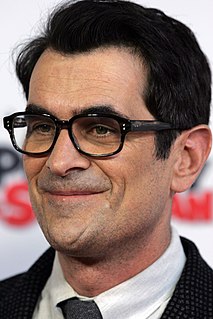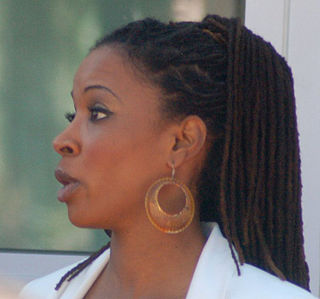A Quote by Jonny Lee Miller
When you're playing a character, you don't really want to have an opinion about where you're going to end up. Otherwise, you can't really stay in the moment and in your character.
Related Quotes
As an actor, you don't want to know the beginning and end to your character's arc. It makes it more fun. You're not playing the end. You're playing it realistically. You don't know where this character is going to go and what's going to happen to him, which just makes it more interesting for the viewers to watch. They're going on the journey with you, as the actor and the character.
As an actor, you don't want to know the beginning and end to your character's arc. It makes it more fun. You're not playing the end. You're playing it realistically. You don't know where this character is going to go and what's going to happen to him, which just makes it more interesting for the viewers to watch.
When you are writing, you have to love all your characters. If you're writing something from a minor character's point of view, you really need to stop and say the purpose of this character isn't to be somebody's sidekick or to come in and put the horse in the stable. The purpose of this character is you're getting a little window into that character's life and that character's day. You have to write them as if they're not a minor character, because they do have their own things going on.
It's so different going in the studio and singing your own music and you don't really think about making sure that the message of the song or the idea behind the song comes across to people. Because it's in your head, it's in your heart, whatever, but it's... different when you're playing a character and you're singing as the character. There's just a lot more involved in that, I guess.
I don't believe, in a show like ours, that you really want to see character growth. That's just my opinion. Maybe to a small degree, but nothing serious. To that end, it doesn't have the same importance that it would have, if you were on an hour-long show. I think an audience gets really hungry for a character to grow and change on an hour-long show, and I think I would be more antsy.
This character matters so much to so many people. I want to get that right. I want to do it justice. I want people to believe in the character and have faith in the character and kids to grow up wanting to be Superman. Or, God forbid, there's people who are going through hardship and wishing that this character would turn up and save them.
Many times - especially when I'm playing an historical character - I want to be really on target with how I create that character and really nuanced with who that human being might be. But I don't want to lose the likeness of me or the depth of my own personality. So meditation and my spirituality has helped me to realize that, yes, I want to get out of the way but I also want the ability to hold on to what the audience likes of what they see of me.
Movie stars exaggerate certain things to let the audience know they're just playing a character, as if they're saying, "Look at me, I'm not really an old man, I'm just playing one." Or "I'm not really a homosexual, I'm just playing a gay character. Or an alcoholic. Or somebody who's mentally impaired." They often do it very successfully and win awards for it.
I think it's hard to differentiate between your wrestling character and your real character - you kind of end up being both. I've always been my wrestling character in and out of the ring and in and out of the dressing room, and I was always really respected in the dressing room by the other wrestlers.
As an actor, you don't want to ever get too comfortable where you're like, "I know this character," and you don't do the work anymore. Then, there's something that you're going to miss. If you always stay hungry to learn more about your character, that's a healthy thing, while having a great sense of who she is, at the core.



































